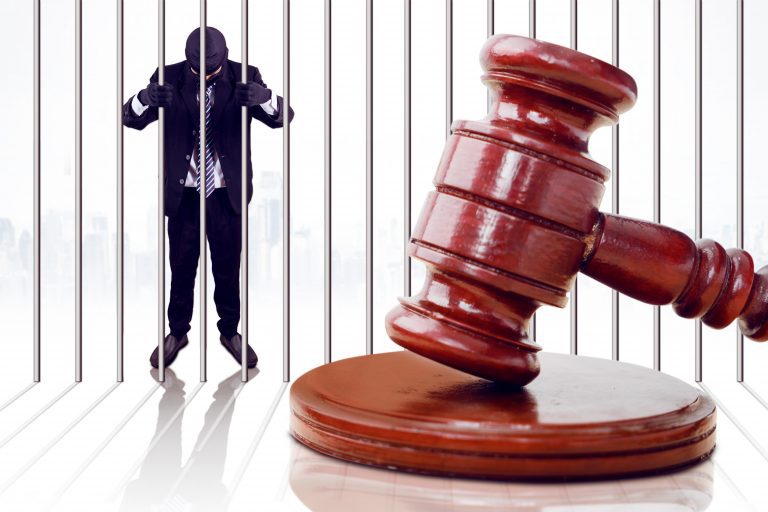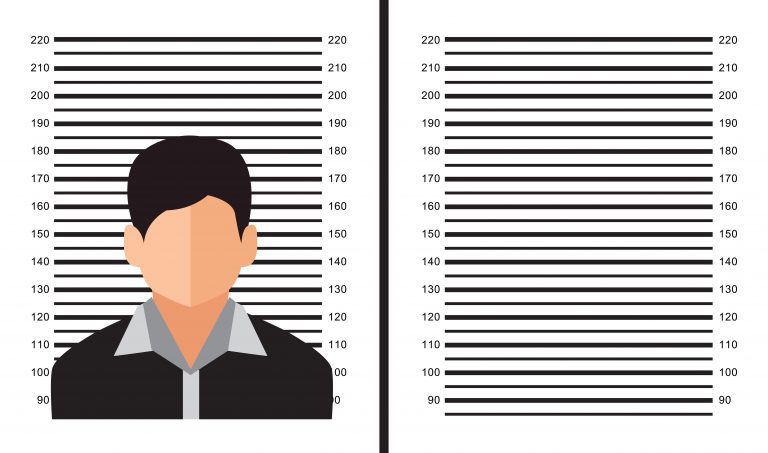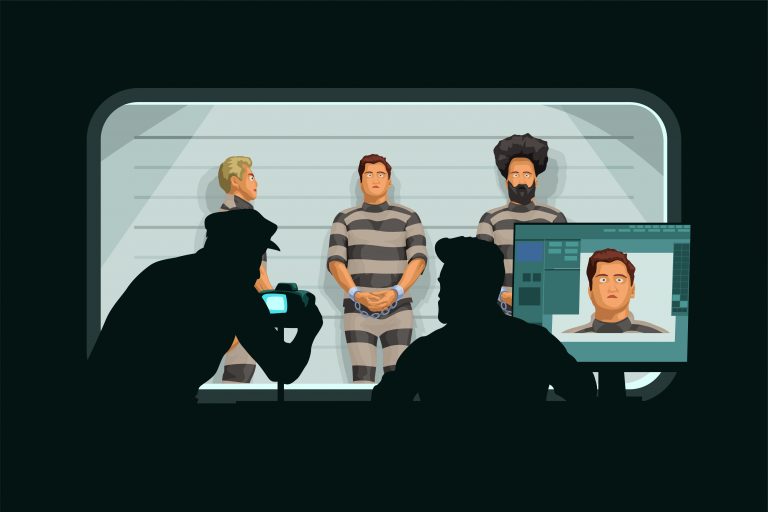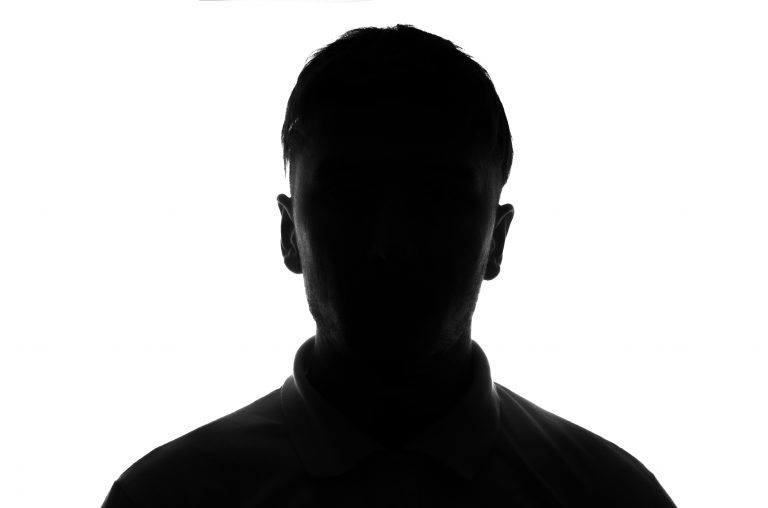The Truth About Online Mugshots: How Long Do They Really Stay Online?
October 31, 2023Online mugshots, a growing concern in the digital age, are booking photographs published on various websites, impacting individuals’ lives significantly….

Police mugshots, commonly known as arrest or booking photographs, are captured by law enforcement agencies when a person is arrested during the booking process. These photographs serve as a visual record of an individual’s appearance at the time of their arrest, typically capturing the front and side profile of the person.
The question of whether police mugshots are considered public records is a complex one. Understanding the legal framework surrounding releasing these photographs requires examining laws and regulations about public records and the approaches taken by police departments in different jurisdictions.
Numerous jurisdictions treat police mugshots differently regarding their status as public records. While some jurisdictions consider them a public record, others have enacted laws or policies restricting public access to mug shots. The variations in approaches are influenced by privacy concerns, the balance between transparency and individual rights, and the need for enhanced public safety and crime prevention.
The public release of police mugshots serves various purposes. It aims to promote public safety and awareness by allowing individuals to identify potential threats, aiding in crime prevention and investigation efforts. The release of these photographs contributes to transparency in the justice system, allowing the public to observe law enforcement practices and accountability.
However, the public release of mugshots has also generated controversies. These controversies revolve around false accusations and the presumption of innocence, the impact on an individual’s privacy and reputation, and the disproportionate effects that may occur due to biases or stigmatization.
Responding to these concerns, efforts have been made to restrict access to police mugshots. Legislative measures have been introduced to limit their release, while legal challenges and court decisions have shaped the legal landscape surrounding mugshot sites and their accessibility. Online platforms often host mugshot galleries and have implemented policies to balance privacy rights and public interest.
Examining the truth about the status of police mugshots as public records requires a comprehensive exploration of laws, regulations, criminal history, controversies, and ongoing efforts to redefine the accessibility of these photographs. Understanding the nuances of this complex issue is crucial in navigating the delicate balance between transparency, privacy, and the principles of justice.
Police mugshots are photographs taken by law enforcement agencies during the booking process. They typically capture the frontal view of a person’s face and are used for identification purposes. Mugshots are a visual record of an individual’s appearance during arrest.
Unveiling the truth behind police mugshots – are they considered public records? In this eye-opening section, we’ll explore the intriguing world of police mugshots and delve into the laws and regulations surrounding them and their classification as public records. Discover the varying approaches taken by different jurisdictions and gain a deeper understanding of the complexities involved in accessing and using these mugshots. Get ready to uncover the facts behind this captivating subject!
Laws and regulations on public records play a vital role in governing the accessibility and dissemination of information, which includes arrest records and police mugshots. These regulations may differ from jurisdiction to jurisdiction, as some jurisdictions allow unrestricted access to these records while others implement restrictions to balance privacy concerns. It is essential to comprehend these laws to ensure transparency, safeguard privacy rights, and preserve the presumption of innocence.
The Freedom of Information Act, enacted in 1966 in the United States, holds historical significance in granting public access to government records, including mugshots. This act aimed at revolutionizing government transparency and accountability by empowering individuals with the right to request and obtain information held by federal government agencies.
Different jurisdictions have differing approaches regarding the public release of police mugshots. Each jurisdiction has its own set of laws and regulations regarding the availability of these mugshots. Some jurisdictions treat them as public records and ensure availability, while others impose restrictions to safeguard privacy and prevent potential harm. To determine the accessibility of police mugshots, it is crucial to comprehend the specific approaches adopted by different jurisdictions and their corresponding legal frameworks.
Why are police mugshots made public? Get ready to uncover the truth behind this controversial issue. This section will dive into why police mugshots are released publicly. We’ll explore the underlying motives, including how it contributes to public safety and awareness, assists in crime prevention and investigation, and promotes transparency in the justice system. Prepare to be enlightened about the real purpose behind the publication of these often scrutinized images.
Public release of police mugshots serves two purposes: promoting public safety and creating awareness. Making mugshots publicly available allows individuals to identify potential threats, contributing to crime prevention and investigation. Transparency in the justice system is encouraged, strengthening public trust. To ensure a balanced approach, taking precautions that minimize false accusations, protect privacy, and mitigate any disproportionate effects is important. These precautions may involve implementing legislative measures, addressing legal challenges, and establishing policies on online platforms.
Transparency in the justice system enhances accountability, nurtures public trust, and ensures fairness. The disclosure of police mugshots to the public plays a significant role in promoting this transparency, as it grants citizens access to crucial information regarding arrests and criminal records. This access empowers individuals to stay informed, actively participate in the judicial process, and hold law enforcement responsible for their actions. While maintaining transparency is crucial, it is equally important to safeguard the privacy and reputation of individuals. To strike the right balance, it is recommended to establish clear guidelines for releasing mugshots and to impose restrictions in cases where innocence has been proven.
Uncovering the truth behind the public release of police mugshots, a hotbed of controversies awaits. From false accusations and the presumption of innocence to mugshot websites’ far-reaching impact on privacy and reputation, we’ll delve into this practice’s disparities and disproportionate effects. We’ll explore the legal challenges and court decisions surrounding mugshot publications and how online platforms navigate these issues through their policies. Brace yourself for a revealing journey through the complex web of mugshot controversies.
False accusations, criminal charges, and the principle of presumption of innocence are fundamental aspects to consider when discussing the public release of police mugshots. These practices can potentially cause reputational damage and infringe upon the rights of individuals who have not yet been proven guilty. Lawmakers and online platforms must acknowledge and tackle these concerns to guarantee fairness and protection for those involved in criminal cases.
The public release of police mugshots can significantly impact an individual’s privacy and reputation. False accusations and the presumption of innocence can harm innocent individuals. Exposure to booking photos can also lead to negative effects on personal and professional lives. For example, in a similar case, John Doe’s erroneous mugshot circulated online, causing severe emotional distress and hindering his job search.
Disparities in the public release of police mugshots have disproportionate effects on individuals and communities. These disparities and their disproportionate effects can perpetuate biases and inequities in the criminal justice system, leading to unfair treatment and stigmatization. Efforts are needed to address these issues and ensure that mugshots are released fairly and equitably.
Legislative measures play a pivotal role in determining the accessibility of public domain and police mugshots. Some states have introduced laws that classify mugshots as public records, while others have implemented restrictions to safeguard individuals’ privacy. For instance, in New York, legislative measures are in place to prevent the disclosure of mugshots unless there is a specific law enforcement purpose. It is a fact that, as of 2021, over 30 states have enacted legislative measures concerning the release of mugshots.
Legal challenges and court decisions are instrumental in shaping the status of police mugshots as public records. Various legal measures and court cases have significantly influenced the access and release of mugshots, considering concerns related to privacy, reputation, and the presumption of innocence. Online platforms also implement their policies regarding the public availability of mugshots online. It remains imperative for lawmakers and the judicial system to consistently address these challenges to strike a delicate balance between transparency and the protection of individual rights.
Online platforms have diverse policies when it comes to the release of police mugshots. Some platforms make the mugshots public, while others restrict access to safeguard individuals’ privacy and prevent potential harm. The policies consider various factors, including the accuracy of the mugshot removal of other information, the impact on one’s reputation, and the potential for misuse. For example, in 2020, Facebook implemented a ban on sharing mugshots to curb the dissemination of false information and protect people’s privacy.

Online mugshots, a growing concern in the digital age, are booking photographs published on various websites, impacting individuals’ lives significantly….

The “Mugshot Zone” is a pressing issue in the digital age, causing harm to people’s lives. This guide aims to…

The public availability of mugshots has been a topic of debate and raises important considerations regarding privacy and the impact…